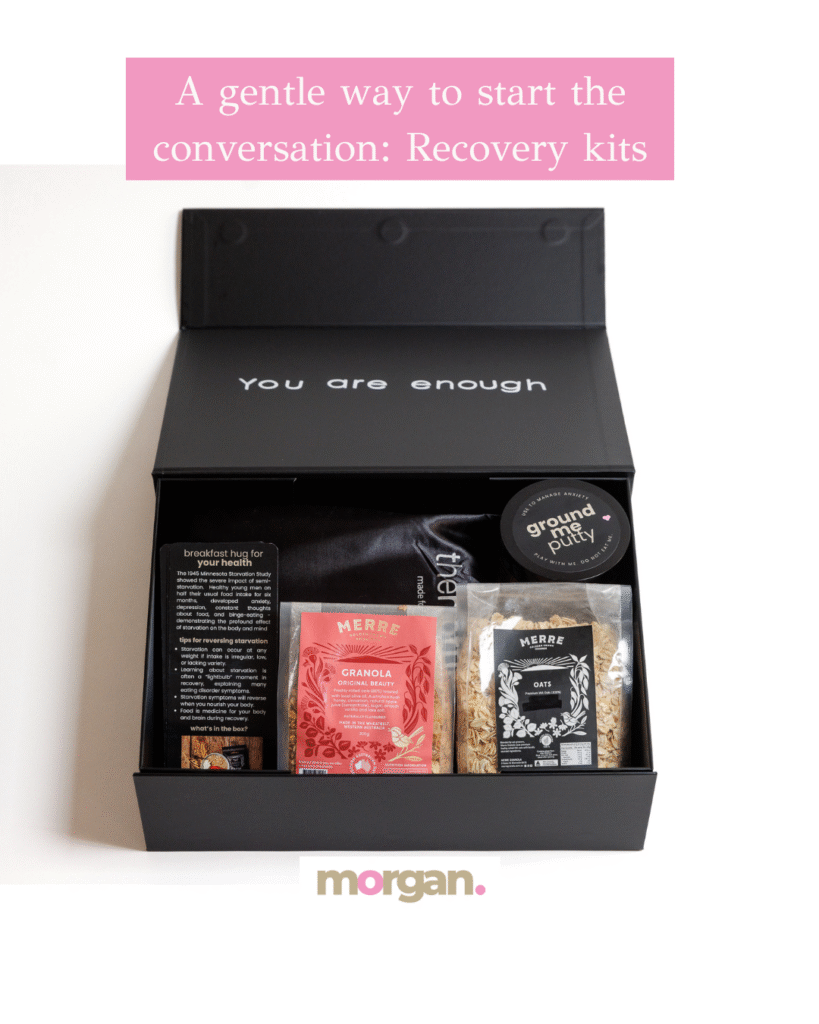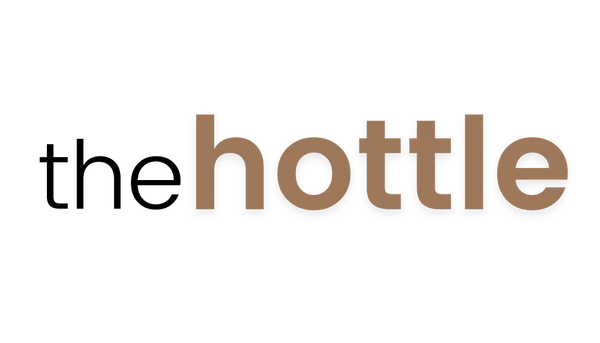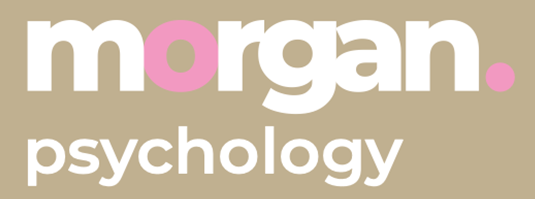What we hold: A clinician’s reflection on quiet lived experience

What we hold: A clinician’s reflection on quiet lived experience
Some of us don’t fit easily into categories. We are clinicians — yes — but we also carry histories that echo those we treat. That doesn’t make us confused or compromised. It makes us careful.
What do we lose when we assume lived experience only sits on one side of the room?
I’ve never shared this, maybe I never needed to. But I have been thinking about the quiet ones — clinicians, colleagues, peers — who carry stories that don’t make it into bios or therapy room or even into clinical supervision.
Not because they are ashamed. But because they know that showing up without their experience in the room is its own kind of offering. A kind of reverence.
I’m one of those people.
Maybe we all are.
And yet, in the therapy room, there’s another way of showing up. That’s why I wrote this.
Because when I sit with a client, in all honesty, it is not about me. It never has been.
It is about you — your goals — and my professionalism and care as a clinical psychologist to support you through the challenges and obstacles that are in the way of the life you want to live.
I never wanted my work to become about my personal experience.

Showing up without sharing your experience is its own kind of offering.
Silence can flatten things, too. It can make it look like clinicians and lived experience belong to separate worlds. Like empathy has to be imagined when sometimes it is remembered. Like clinicians do not suffer, do not experience distress, cannot be unkind too. Like understanding is always professional, never personal.
And that’s not the truth.
This isn’t a disclosure so much but more so a small reminder: some of us turn up with something unspoken — not to centre ourselves — but to make more room for you.
If you resonate with this — as a clinician, carer, or person in recovery — you might also like the Recovery Hugs Kits we created with support from #LotteryWest and #SpaceCubed. They’re not a replacement for therapy, but a way to support you in staying grounded in evidence-based treatments — and a way of saying: We see you. We made this with care. We know something about this terrain on which you walk, and we spoke to hundreds of other people who have walked it too.
Recovery Hug Kit – Morgan Psychology

We are supported by some amazing businesses in Western Australia and South Australia.




The opinions in this article are personal and are not intended as a substitute for professional medical advice, assessment or treatment. If you live in Australia and have concerns about an eating disorder or other mental health issues, supports are available through Butterfly Foundation Support for Eating Disorders and Body Image Issues | Butterfly Foundation and Lifeline Lifeline Australia – 13 11 14 – Crisis Support. Suicide Prevention.
